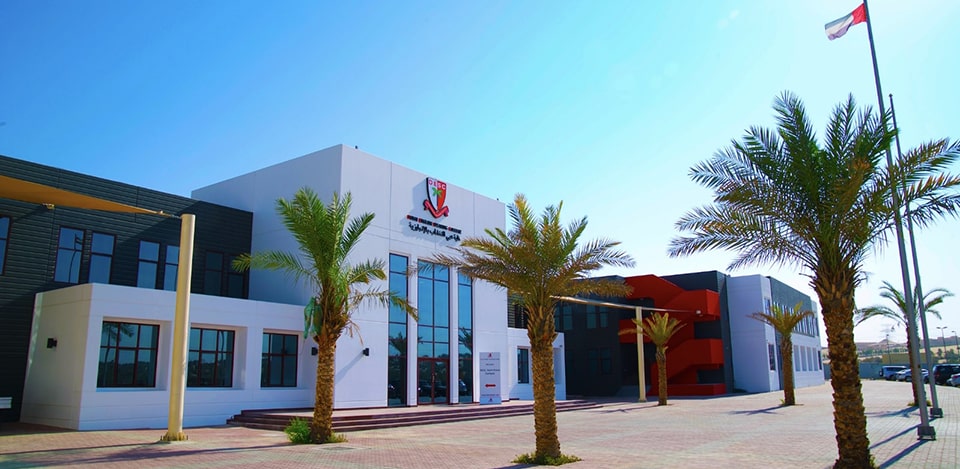In our KS3 years, STEAM (Science, Technology, Engineering, Arts and Maths) projects have been built into our curriculum to help students develop the skills to become real scientists and to enable them to work in a cross curricular approach to learning. In Year 7 students are given the option of choosing a “career” in Science, they can choose two different courses to explore science in the real world. Some of the options available are Robotics, Forensics, Cooks and Chemists.
F1 in Schools is a unit of learning in Year 8. Guest speakers from a wide variety of backgrounds link the Science, skills and responsibilities to the different roles students will take on during the project. F1 in Schools is an amazing opportunity to build life skills such as team leadership, management, reflection and evaluation. Students are introduced to subjects they wouldn’t normally encounter until GCSE or A Level such as Business and Economics. These supporting departments have designed lessons on budgeting, interview skills and application writing. There are a wide range of literacy skills that are developed through the production of a portfolio, public speaking and other presentations.

